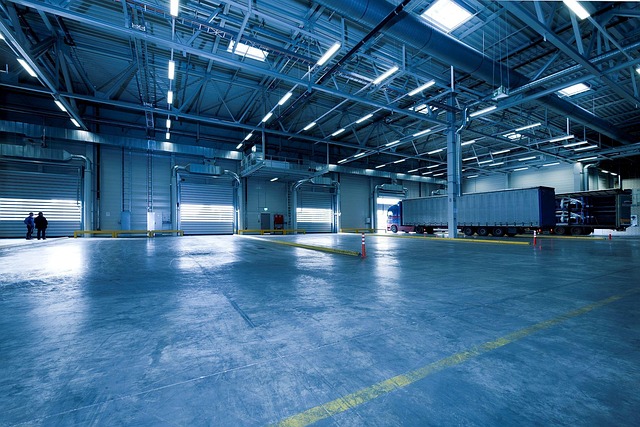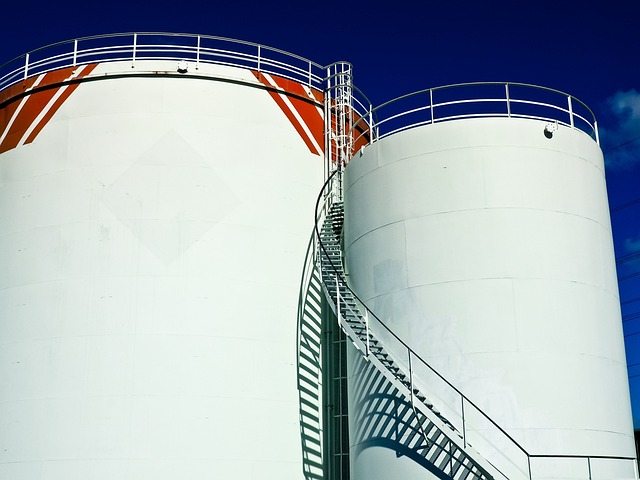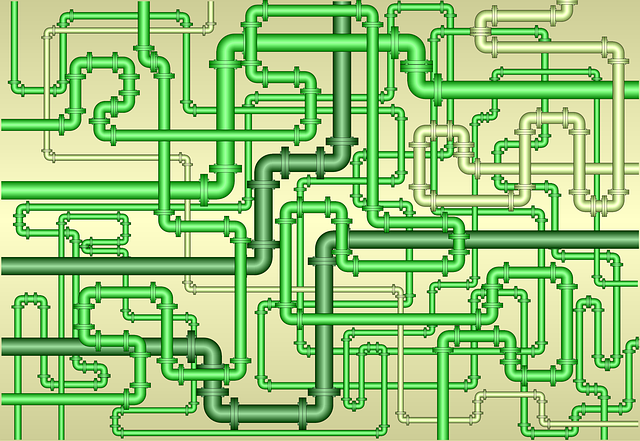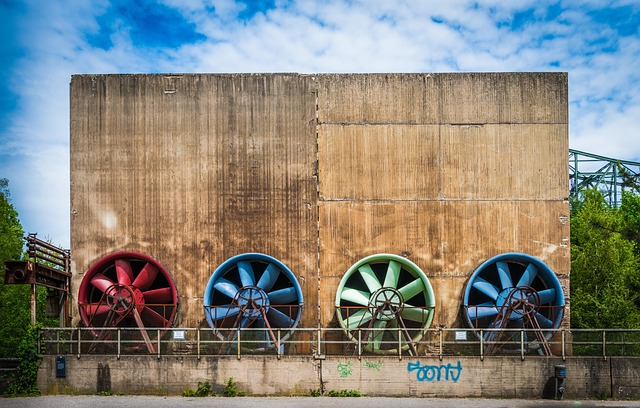Manufacturing success demands strategic real estate planning to accommodate diverse production needs, including complex machinery. Well-designed layouts optimize operations, throughput, and safety. Flexible infrastructure enables customization for market changes and advanced methods. Advanced safety measures with smart tech protect against risks, ensuring a robust, efficient, compliant environment.
Manufacturing facilities aren’t one-size-fits-all. To accommodate specialized equipment, unique layouts and strategic space allocation are crucial. This goes beyond traditional real estate considerations, demanding customized infrastructure to support diverse production processes. Safety and security measures must also be advanced and tailored to industrial risks. By prioritizing these specialized features, manufacturers can optimize efficiency, enhance productivity, and ensure a secure working environment.
Unique Layouts and Space Allocation for Specialized Equipment
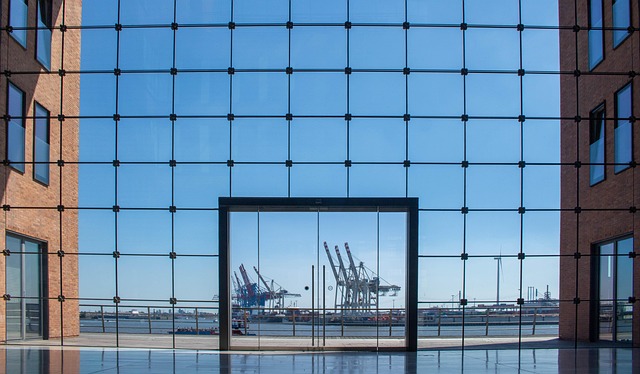
Manufacturing facilities often require unique layouts and space allocation strategies to accommodate specialized equipment, reflecting the diverse needs of different production processes. In many cases, these plants house machinery that is large, complex, or both—from towering assembly lines to intricate precision instruments. As such, real estate within these facilities must be carefully planned to ensure optimal efficiency and safety.
This involves strategic placement of equipment to minimize movement and maximize throughput. For instance, raw material storage areas might be positioned near heavy machinery to reduce the physical distance traveled during production. Additionally, clear pathways and ample turning radii are essential for smooth material handling operations and emergency evacuations. Such thoughtful space allocation not only enhances operational effectiveness but also contributes to the overall success of manufacturing operations.
Customized Infrastructure to Accommodate Diverse Processes
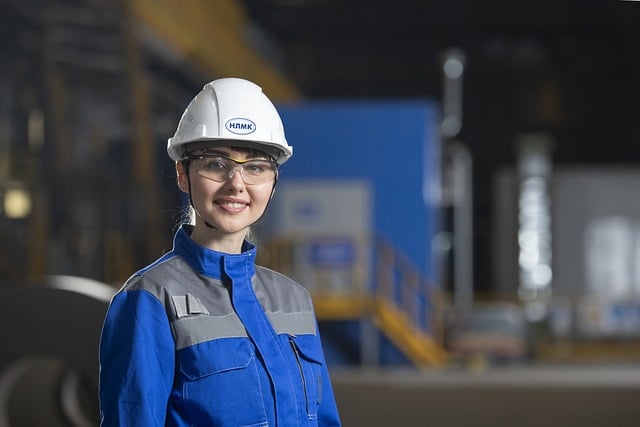
Manufacturing facilities need flexible and customized infrastructure to adapt to a wide range of processes and production requirements. In today’s diverse manufacturing landscape, plants often juggle multiple product lines, specialized equipment, and ever-changing market demands. Real estate plays a strategic role in accommodating this diversity by offering adaptable spaces that can be reconfigured for different operations.
Customized infrastructure allows manufacturers to optimize floor plans, ensuring efficient material flow and minimizing waste. It enables the installation of specialized machinery and supports advanced production techniques. This flexibility is crucial for navigating market fluctuations, embracing new product developments, and maintaining a competitive edge in an ever-evolving industry.
Advanced Safety and Security Measures Tailored to Industrial Needs

Modern manufacturing facilities are no longer just about production lines and assembly; they demand advanced safety and security measures tailored to their industrial needs, especially when considering the vast real estate they occupy. These features go beyond basic protection, incorporating sophisticated technology to mitigate risks and ensure operational continuity. For instance, smart sensors and automated surveillance systems can detect anomalies, while access control mechanisms restrict unauthorized entry, enhancing overall safety.
Moreover, these facilities require robust security infrastructure designed to withstand potential threats. This includes fire-resistant construction, emergency shutdown systems, and secure storage for hazardous materials. With ever-evolving industrial landscapes, investing in such measures is crucial for maintaining a safe, efficient, and compliant manufacturing environment.
